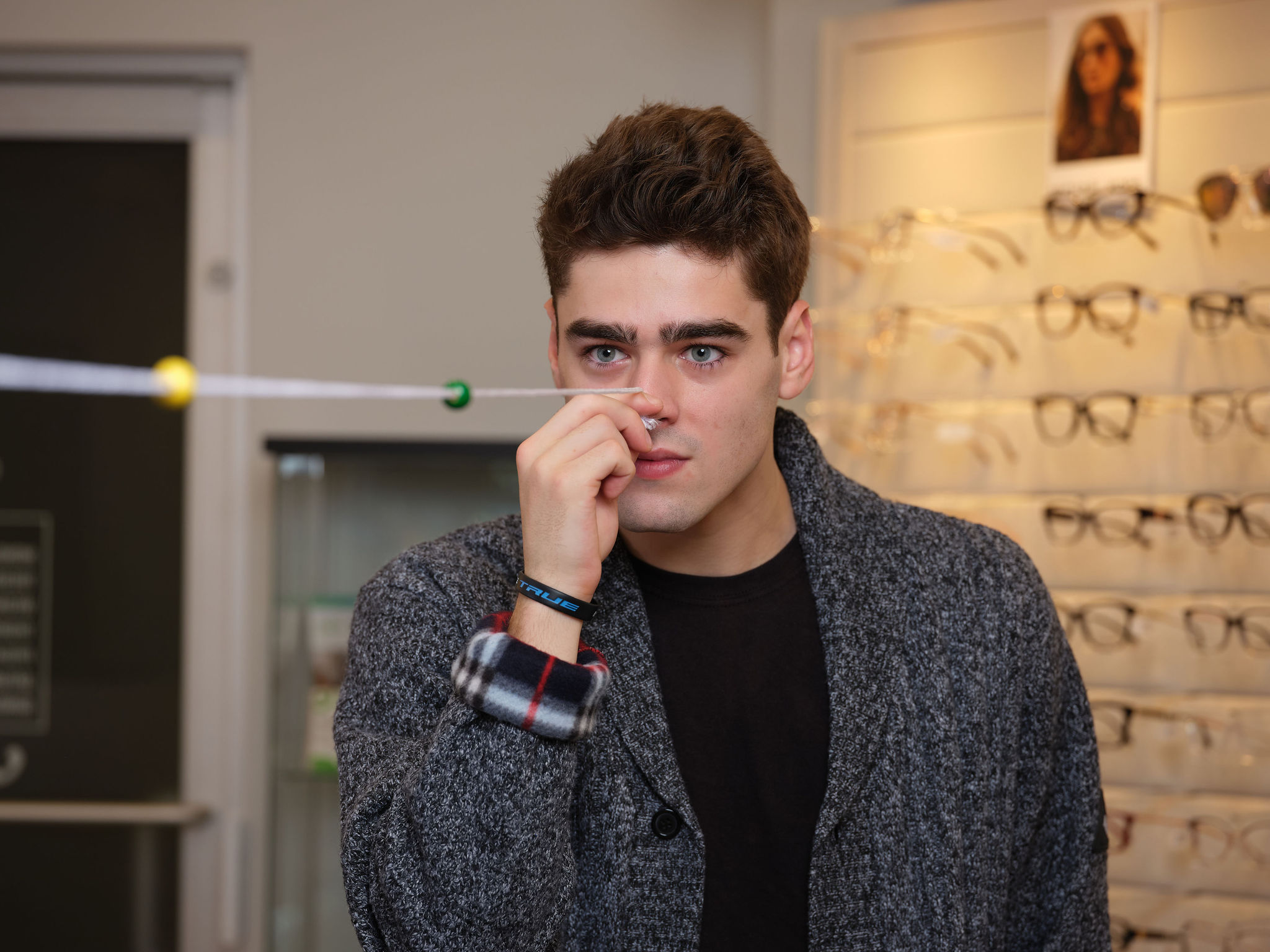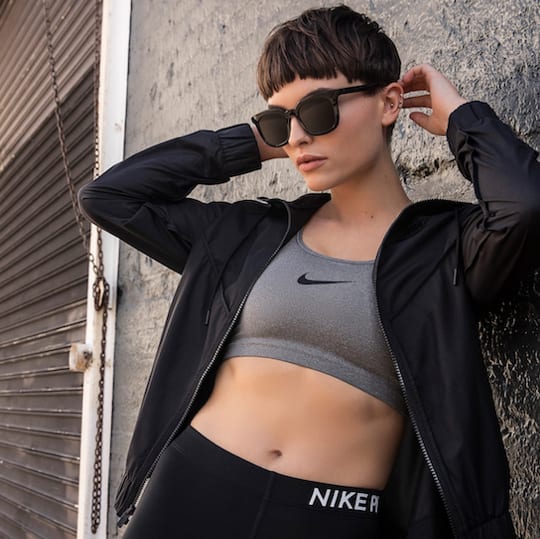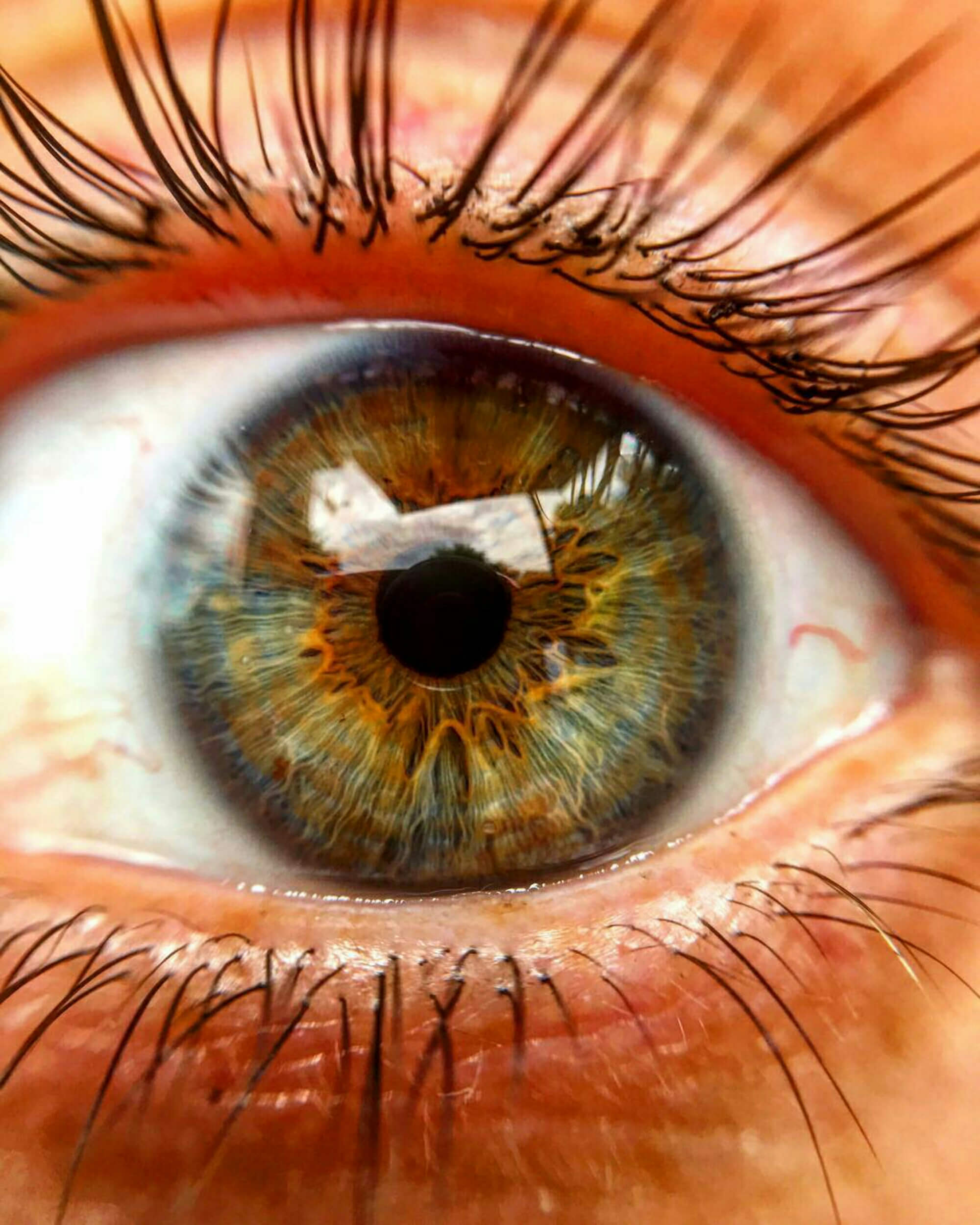Healthy Sight Is More Than Just 20/20 Vision
Having normal eyesight is not the only part of healthy vision. Your visual skills are also vital for comfortable eye movement, eye-hand coordination, and reading. Vision therapy is a non-surgical approach to enhancing these skills using exercises and therapy sessions designed for individual patients.
